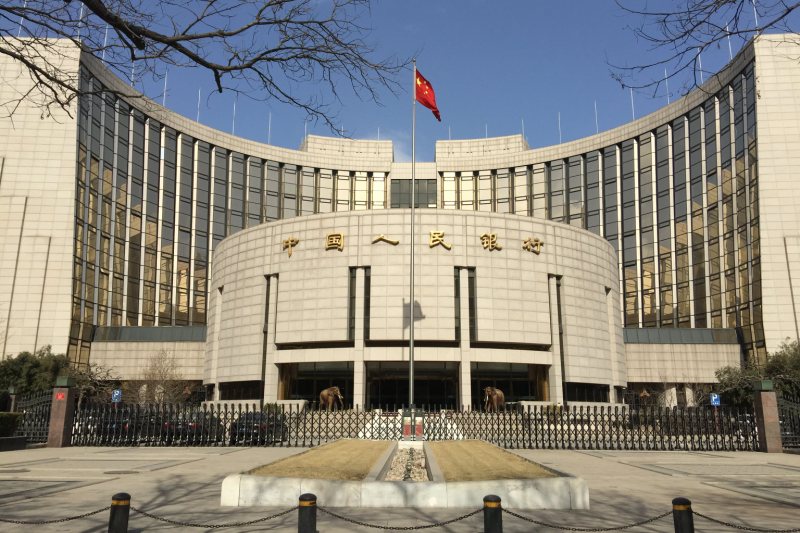
Chinese legislative body the National People’s Congress voted on Monday to confirm Yi Gang as the new governor of the People’s Bank of China. At the same time, Liu He, the president’s leading economic advisor, has been appointed to vice premier. Some believe that this will enable Gang to have greater influence on the formation of economic policies.
Gang’s publicly expressed support for cryptocurrencies and Bitcoin have made these new appointments of particular interest to crypto users. In late 2013, Gang said that although PBoC could not accept cryptocurrencies as legal tender anytime in the near future, he admired the fact that “ordinary people have the freedom to participate” in the Bitcoin network, and added that the cryptocurrency was “inspiring.”
Gang has not yet made any statements directly addressing the legal status of cryptocurrency and crypto exchanges in China as governor.
Prior to this position, Gang spent more than a decade serving as second-in-command to the exiting president of the PBoC, Zhou Xiaochuan. Many believe that Gang intends to continue down the same ideological paths as his predecessor.
US Congress Releases Extraordinary Report Praising #Cryptocurrency and #Blockchain Technology#Coinbase Reveals Partnership With #Barclays Bank
G20 Watchdog Says #Cryptos Not a Risk, Resists Calls for New Rules
Will China Uturn? New PBOC Governor Called #Bitcoin “Inspiring”
— Greedy Crypto Kid (@GreedyCryptoKid) March 19, 2018
In a statement after his appointment, Gang said that the “main task is that we should implement prudent monetary policy, push forward the reform and opening-up of the financial sector, and maintain the stability of the entire financial sector.”
China’s Storied History with Crypto
Although less than a year ago, China was the country with the single largest BTC trading volume in the world, the country’s relationship with cryptocurrency has become very fraught over the last six months. A sweeping set of bans that began in late Q3 of 2017 halted ICOs and eventually outlawed domestic cryptocurrency exchanges.
In January of this year, PBoC vice governor Pan Gongsheng helped to lead a combined effort with several other government agencies to crack down on cybercrime. One of the targets of the effort were services that support crypto trading; Gongsheng called for a ban on them.
In the same month, it was reported that a letter from PBoC instructed other Chinese banks not to process cryptocurrency-related transactions.
Despite China’s complicated relationship with crypto, however, there may be some hope for the future of digital currency in the country. During his final days as governor, Xiaochuan predicted that crypto would one day replace paper money in the country.
Around the same time, it was indeed revealed that PBoC was developing the DCEP, or Digital Currency for Electronic Payment. It’s not clear if the DCEP, which will enter testing phases in 2019, will be a cryptocurrency or use blockchain technology in another way.
(Photo: flickr)

